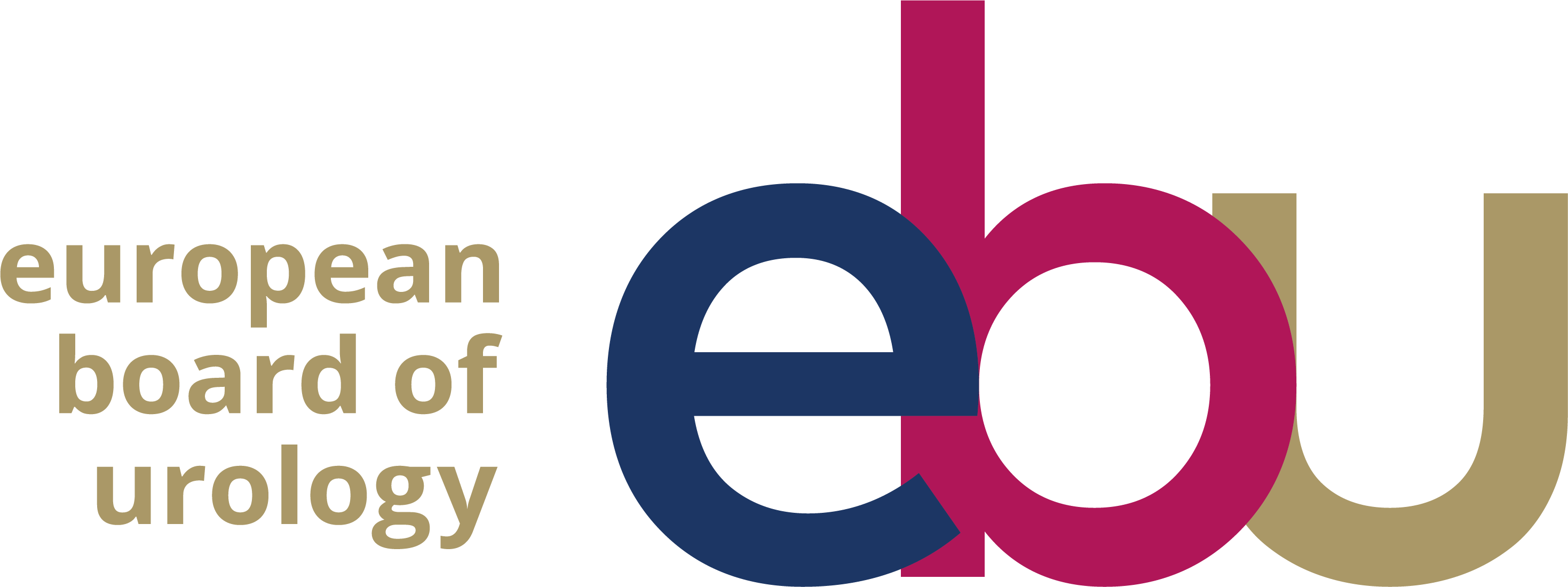Accreditation
The European Training Requirements in Urology set by us strive to harmonize urological training programmes across Europe to ensure high-quality education and mobility of medical professionals. The EBU establishes standards for trainees, trainers, and training institutions.
For trainees, the requirements include acquiring theoretical knowledge in urology’s various aspects, practical and clinical skills, and operative and non-operative patient management. Certification is obtained after fulfilling national training requirements and passing the FEBU exams. The training institutions must provide adequate education and clinical exposure, while trainers need to be certified urologists with teaching experience and formal teacher training.
The training programme spans a minimum of five years, covering basic sciences, urinary tract infections, urinary incontinence, renal failure, stone disease, urological malignancies, and more. Assessment methods include formative self-assessments and summative exams. The EBU also emphasizes professional behavior and ethics, ensuring that trainees develop communication skills, leadership qualities, and a commitment to lifelong learning.
Quality assurance is maintained through certification and regular evaluations, with site visits and feedback mechanisms in place to ensure continuous improvement. The document also stresses the importance of research opportunities and structured educational programs within training institutions.
Click here to download the European Training Requirements document.
